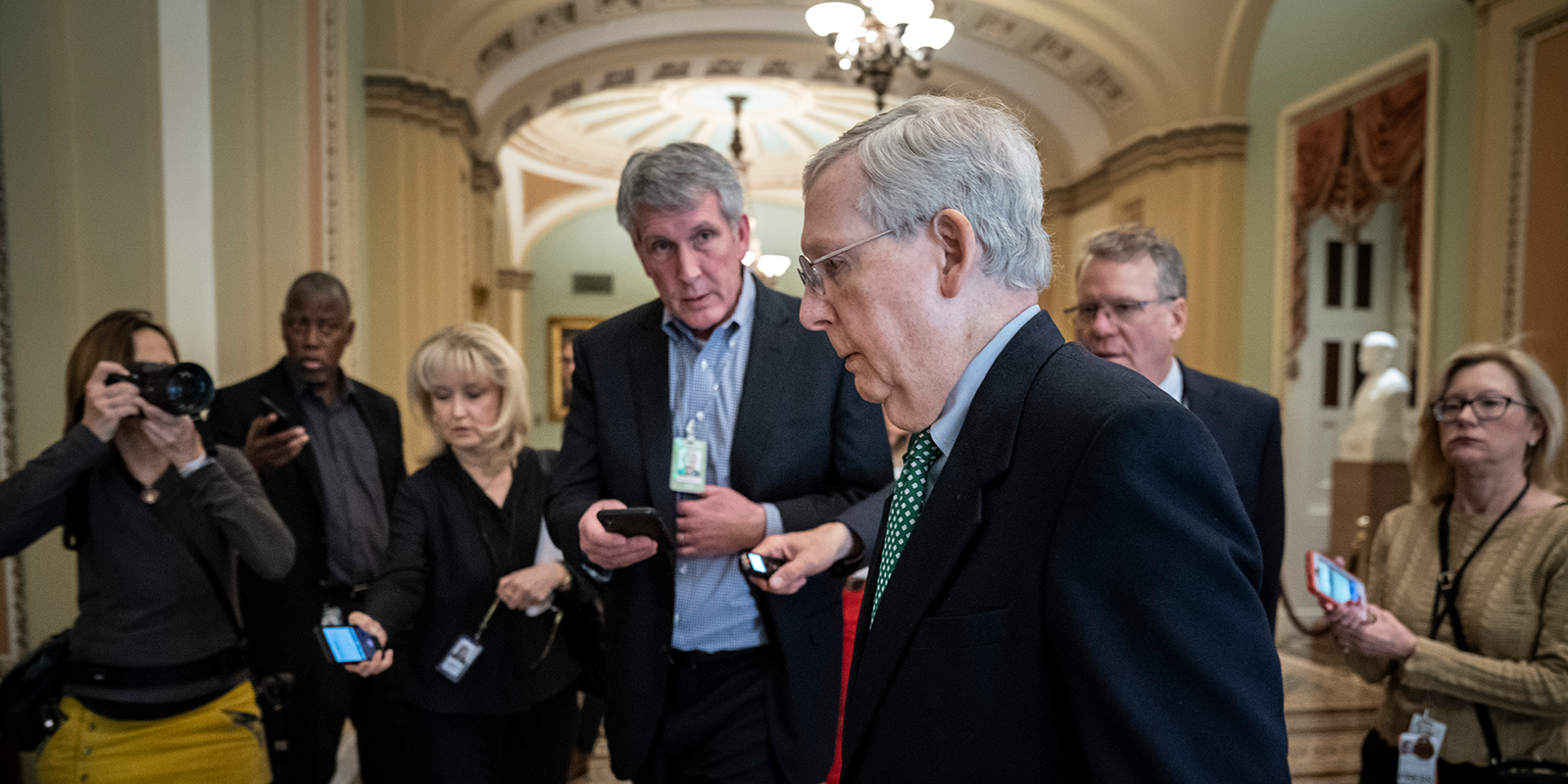When there’s a national crisis like the coronavirus pandemic, public service workers answer the call, even if that means putting the community’s needs above their own and jumping into the line of fire.
Nurses and health care workers, education and child care workers, corrections officers and custodians, first responders and waste management workers are among the AFSCME workers who are on the very front lines of the fight against the coronavirus.
They have the nation’s back. Now they need Congress to have their back.
It’s time for the Senate to pass the Families First Coronavirus Response Act (H.R. 6201). It is an urgent measure, a good first step that the House of Representatives passed over the weekend.
H.R. 6201 goes a long way to helping address the health and economic problems caused by the coronavirus pandemic, but it is not enough.
The bill increases the federal contribution to each state’s Medicaid program, allowing states to address immediate public health; requires that COVID-19 testing be covered at no cost; authorizes $1 billion in unemployment insurance; expands the Supplemental Nutrition Assistance Program (SNAP); and provides paid leave for some workers.
After the House vote, AFSCME President Lee Saunders said in a statement, “Now the Senate must act quickly to pass this vital legislation. But make no mistake. This legislation is just the beginning of what should be a sustained effort to support our communities.”
AFSCME members want the Senate to guarantee paid leave for all workers. Of the 155 million plus workers in this country, 34 million don’t have access to any type of paid leave.
They are also calling on Congress to apply federal Occupational Health and Safety Administration standards to all high-risk health workers regardless of where the workers live; increase federal help for state Medicaid programs; ensure that all medical plans cover COVID-19 treatment – not just testing – at no cost; and make sure children who get free or reduced-price meals at school don’t go hungry because their schools are closed.
Our union fought hard to secure more than $8 billion in COVID-19 assistance earlier this month. Much of that money will help states and localities with everything from equipment purchases to increased coronavirus testing to worker-based training for those at risk of exposure. But more needs to be done as we grapple with this pandemic and the unprecedented economic disruptions it is causing.
The Senate must step up and do its part.
